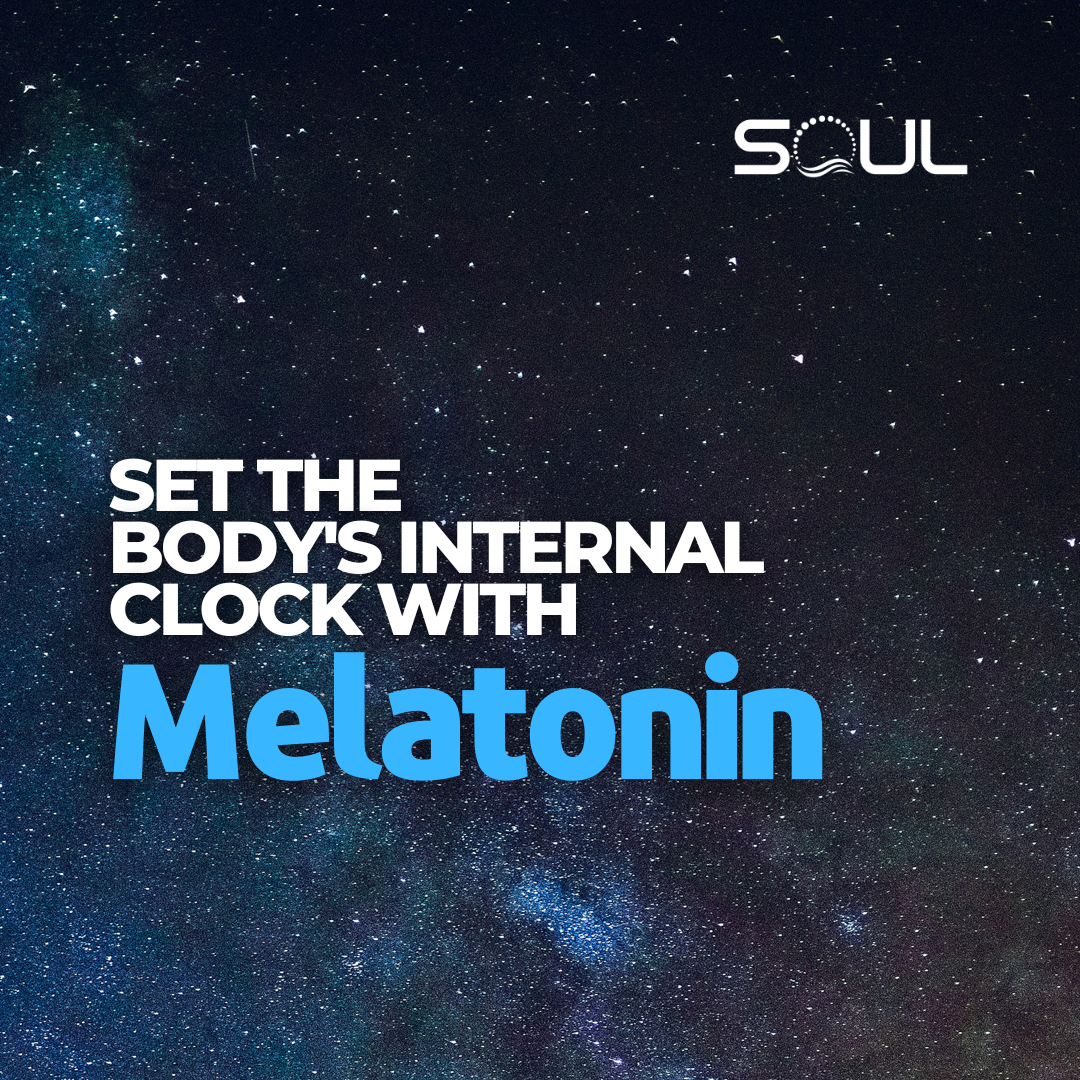
Melatonin: The Hormone Behind Sleep and Beyond
If you’ve ever found yourself tossing and turning at night, counting the minutes, you might have encountered whispers of a remedy called melatonin. But melatonin isn’t just a magic sleep potion—it’s a fundamental hormone produced by the pineal gland in the brain, regulating our body’s circadian rhythm, that internal clock dictating when we feel alert and when we’re craving a cozy pillow.
The Circadian Symphony: Melatonin’s Mastery
Melatonin doesn’t just passively support sleep; it plays the maestro in orchestrating the circadian rhythm, which dictates our cycles of wakefulness and rest. Picture this: as darkness falls, melatonin levels surge, signaling the body that it’s time to unwind. But exposure to light—especially the notorious blue light from screens—throws this finely-tuned system into disarray, effectively quieting the hormone's production like a harsh shushing in a theater. That’s why experts hammer the point: ditch the screens before bed if you want quality shut-eye.
Interestingly, melatonin production isn’t a constant throughout life. Like a dwindling reservoir, melatonin levels slowly decline with age, which partially explains why older adults often wrestle with sleep disturbances. This has led researchers to explore how melatonin supplementation might offer a helping hand in restoring the sleep-wake balance in those golden years.
Melatonin as a Supplement: A Tool, Not a Crutch
For those who struggle to produce enough melatonin naturally—whether due to age, exposure to light at night, or irregular schedules—melatonin supplements present a potential solution. And it’s not just for insomniacs. Jet lag sufferers swear by it to sync their internal clocks with new time zones. Moreover, researchers have delved into melatonin’s broader impact, probing its potential role in treating conditions like depression and seasonal affective disorder (SAD).
Mechanistically, supplementing melatonin acts as a strategic nudge to the circadian rhythm, helping the brain recognize that it’s time for lights out. But there’s more to melatonin than simply influencing sleep cycles. Beyond its bedtime benefits, studies suggest melatonin could be a multifaceted defender, armed with antioxidant, anti-inflammatory, and immune-boosting properties. It’s like discovering your trusted security guard is also a skilled medic!
Beyond Sleep: Melatonin’s Role as an Unseen Protector
In recent years, scientists have peeked behind the curtain and unearthed a hidden layer of melatonin’s magic. Research hints at its role in safeguarding cardiovascular health and even suggests it might possess anti-cancer properties. This isn't to say melatonin is the cure-all, but its reach extends far beyond the bedroom. The antioxidant properties of melatonin may protect cells from damage, and some studies hypothesize that it could contribute to reducing oxidative stress in the cardiovascular system—an intriguing possibility that invites more in-depth exploration.
But with power comes responsibility. While melatonin supplements can offer a much-needed respite, they are not without side effects. Dizziness, headaches, and nausea are common complaints, and for certain populations—such as children, pregnant women, and those with severe liver disease—melatonin supplementation is strictly off the menu. Additionally, individuals dealing with depression or seizure disorders must tread cautiously, as the hormone can interact with these conditions.
The Golden Rule: Melatonin as a Short-Term Fix
The secret to using melatonin wisely lies in moderation. Some experts advise limiting melatonin supplementation to short bursts—typically three to four weeks. Why? Because over time, prolonged supplementation might hinder the body’s ability to produce melatonin naturally, leading to a dependency that defeats the purpose. Think of it like training wheels on a bike: they help you find balance, but leave them on too long, and you never learn to ride unassisted.
The Takeaway: Navigating Melatonin with Care
Melatonin is not a panacea, but it’s undeniably a potent tool for those struggling to find sleep’s sweet embrace. As with any supplement, the key is mindful use. Melatonin supplements can help recalibrate your body’s sleep-wake rhythm, but they should be used under the guidance of a healthcare professional. And with ongoing research, the potential benefits of this versatile hormone may continue to emerge, revealing new layers of its impact on our health.
So, as you consider reaching for that melatonin supplement, remember: it’s not about knocking yourself out but rather syncing with your body’s rhythm in a gentle, intentional way. Consult your healthcare provider, listen to your body, and allow melatonin to play its intended role in the symphony of your well-being.
These statements have not been evaluated by the Food and Drug Administration. This product is not intended to diagnose, treat, cure or prevent any disease. This article is for informational purposes only and is not a substitute for professional medical advice. Always consult your healthcare provider regarding any health concerns or before starting new supplements.
